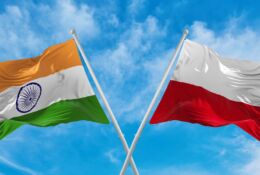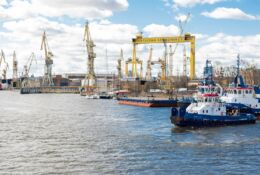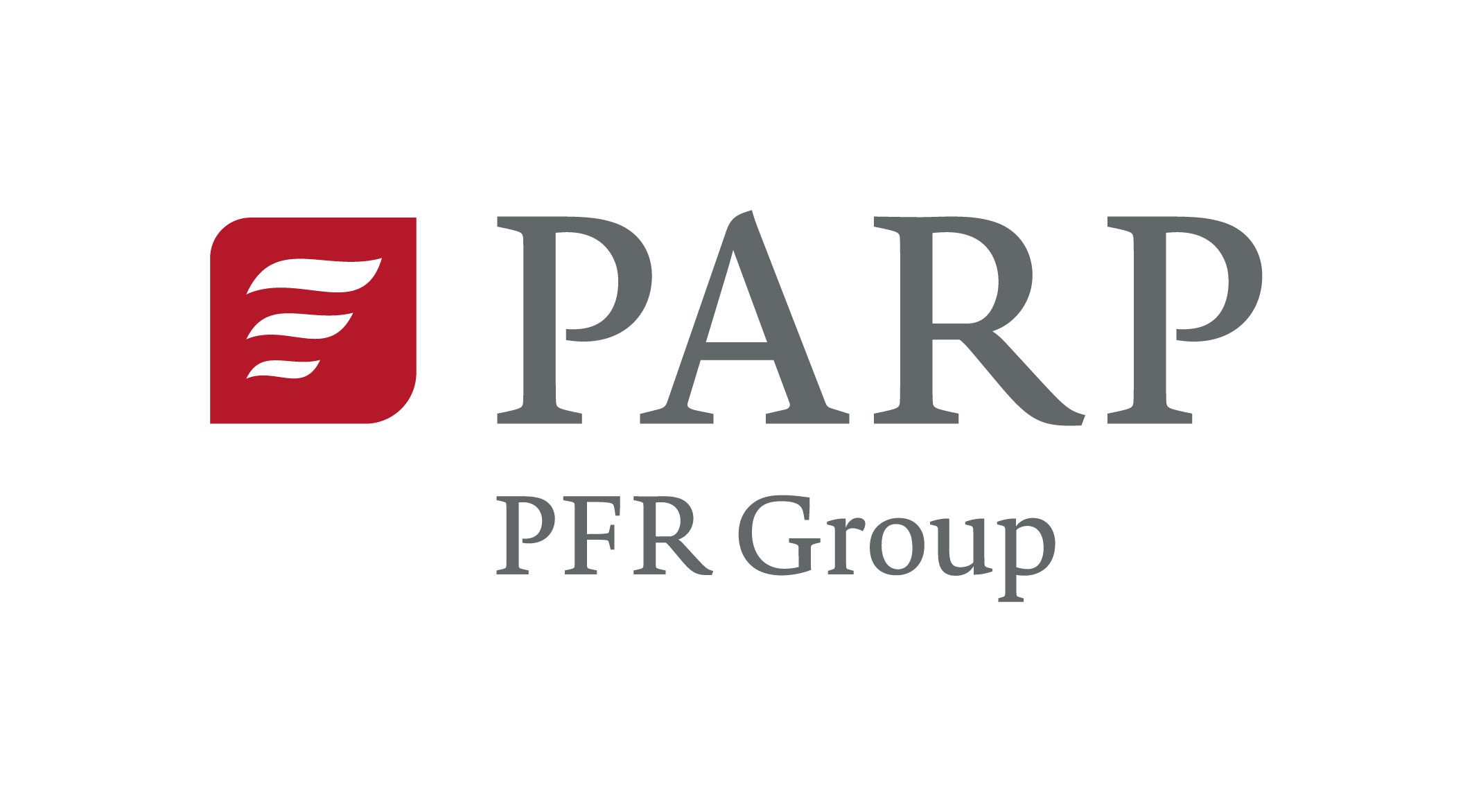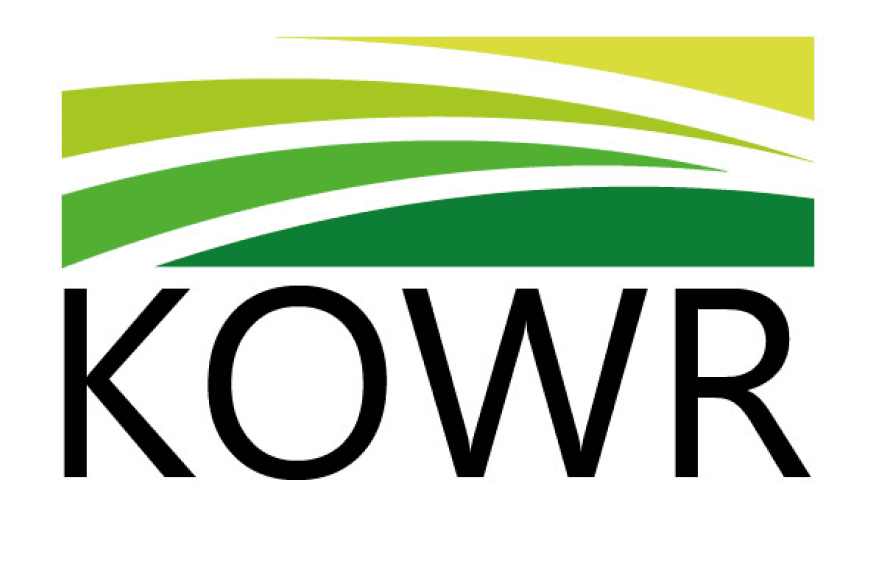11.03.2025
The Polish TSL sector in the face of the slowdown of the German economy
The forecasts for Germany for 2025 are less optimistic than expected, which raises concerns among Polish carriers and exporters. How does the current macroeconomic situation of our western neighbour affect the Polish transport, forwarding and logistics (TSL) sector?
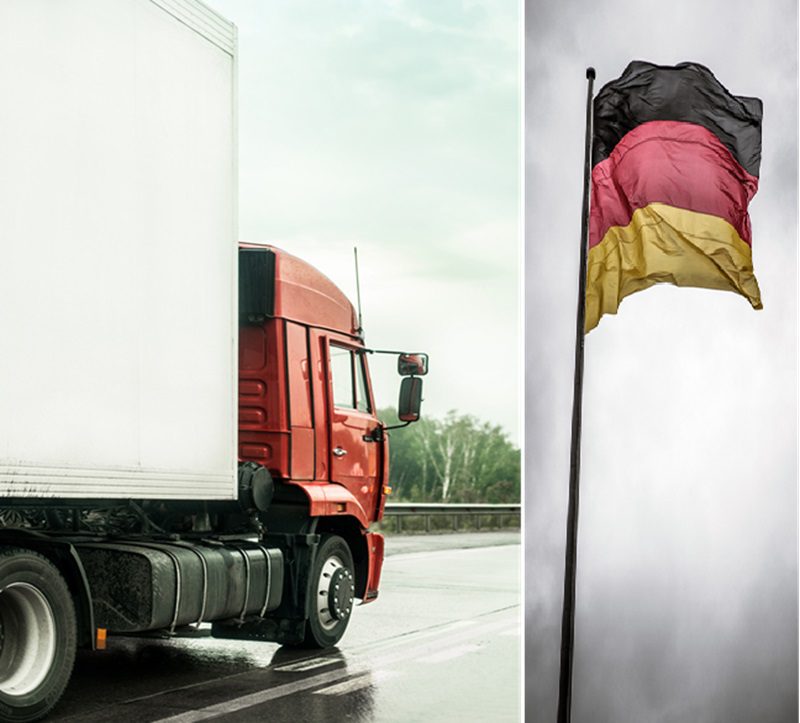
Germany as Poland’s main trading partner
Germany remains Poland’s most important trading partner, which is of great importance for the TSL industry. In 2024, exports to Germany amounted to EUR 94.8 billion, down 3.9% compared to the previous year. Germany’s share in Polish exports also decreased, reaching 27% (GUS data).
The second year of recession in Germany
The Federal Statistical Office in Wiesbaden noted that German GDP fell by 0.2% in 2024, after previously contracting by 0.3% in 2023. This is the first such situation since 2002-2003. Although the forecasts for the EU point to moderate growth (1.5% for the EU as a whole and 1.3% for the eurozone), the German government has lowered its forecast for domestic GDP growth for 2025 to just 0.3%. In addition, German exports are expected to fall by 1% in both 2024 and 2025.
Reasons for the stagnation of the German economy
- High energy costs – after rising gas prices, German industry is struggling with higher costs that limit its competitiveness.
- Falling exports – Germany is losing market its share in the automotive and machinery industries to China.
- Lack of investment – insufficient expenditure on infrastructure, education and digitization.
- Bureaucracy and demography – Complex administrative procedures and an ageing population hinder economic development.
- U.S. customs policy – Donald Trump may impose additional tariffs on EU products, which will threaten the German automotive industry.
Effects on the Polish TSL sector
Reduced demand in Germany is reducing the number of transport orders. Many companies, both Polish and German, are struggling with financial problems and are reducing their transport fleets. Since December 2023, German tolls have increased by 86%, reaching 35.4 euro cents per kilometre for 40-tonne combinations, which puts an additional burden on Polish companies.
The weaker German economy reduces the demand for Polish goods, especially in the automotive, chemical and furniture sectors. The increase in the number of bankruptcies of German companies (by 24.3% in 2024) raises the risk of delays in payments for Polish carriers.
New regulations in German and Polish transport companies
- tolls – from July 2024, the German toll covered vehicles over 3.5 tonnes;
- tachograph inspections – from December 2024, inspections include data from 56 days instead of 28;
- cargo safety – new regulations for car transporters have been in force since September 2024;
- zero-emission vehicles – exempt from tolls until the end of 2025, but from 2026 they will cover 25% of the standard rate.
The result of the elections in Germany (the victory of the CDU/CSU, an increase in support for the AfD) may affect further economic policy and regulations in the transport sector.
Challenges and opportunities for Polish carriers
Transport companies must adapt to harsher conditions by:
- diversification of markets – avoiding dependence on Germany by expanding into other markets;
- cost optimization – digitization of processes and investments in low-emission fleet;
- increasing the flexibility of services – partial transport and specialized transport.
Industry experts believe that German companies, looking for savings, may choose Polish suppliers more often. This is an opportunity for Polish exports in the household appliances, food and metal sectors, which may increase demand for transport services.
The current economic slowdown in Germany is a challenge for Polish transport companies, but skilful adaptation to new conditions may open up new opportunities for them. Flexibility, innovation and the ability to respond to market changes will be of the greatest importance for the future of our domestic TSL sector.
Source: TC Law Firm
- Everything
- News (325)
- Events (182)
- Get Support (83)
-

"ALIVE" SPÓŁKA Z OGRANICZONĄ ODPOWIEDZIALNOŚCIĄ
VehiclesAutomotive industryCombustion engines, motors and parts thereofLocomotives, rolling stock, special vehicles and parts thereofElectric engines and batteriesAerospace industryTiresVehicle parts (excluding engines)Show allShow more Show lessAliff is a Polish company specializing in the design and production of special vehicle bodies, mobile modules, and dual-use solutions for defence, civil protection, and critical infrastructure sectors. We focus on pickup conversions, modular systems, power integration, and advanced technologies, combining strong manufacturing experience with modern engineering and operational design.

EVOTEC SPÓŁKA Z OGRANICZONĄ ODPOWIEDZIALNOŚCIĄ
Show more Show lessEVOTEC is a lead Polish manufacturer of protective covers for industrial robots and equipment operating in demanding environment. We support companies worldwide by reducing downtime and improving long-term equipment reliability by shielding robots and machines from contamination, heat impact, mechanical wear and other harmful factors. Our solutions are used across automotive, aerospace, food, and other industries where robots face challenging conditions.

ARONPHARMA SPÓŁKA Z OGRANICZONĄ ODPOWIEDZIALNOŚCIĄ
Biotechnology and pharmaceuticsShow allShow more Show lessAronPharma, founded in 2018 in Gdańsk, Poland, develops advanced, science-driven nutraceuticals. With an in-house R&D team, we conduct stability and microelement studies to ensure safety and efficacy. Our portfolio includes innovative liposomal vitamins, berry extracts, and targeted formulas such as Forminol, Retico, Berroxin, and B-pac Sport Nutrition, supporting metabolic health, vision, immunity, and athletic performance.
-
 Event
EventXXXI International Fair PETROL STATION 2026
The International Fair PETROL STATION 2026 will take place on 13–15 May 2026 at EXPO XXI, Warsaw, Po…
 Event
EventEast x West Forum 2026
East x West Forum 2026 will take place in April 2026 in Wrocław, Poland
-
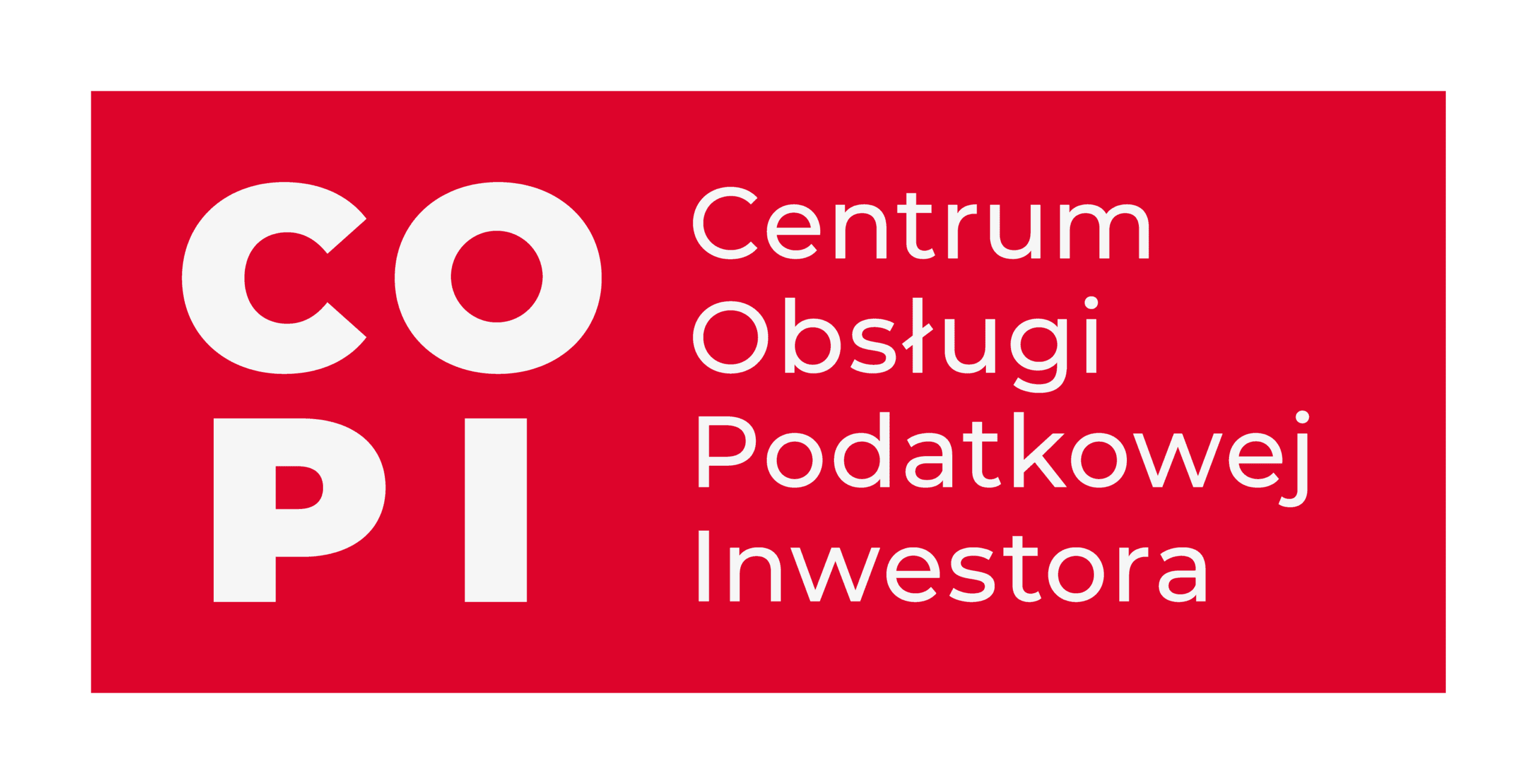 Institution
InstitutionThe Investor Tax Service Center
The Investor Tax Service Center is a unit operating within the Ministry of Finance
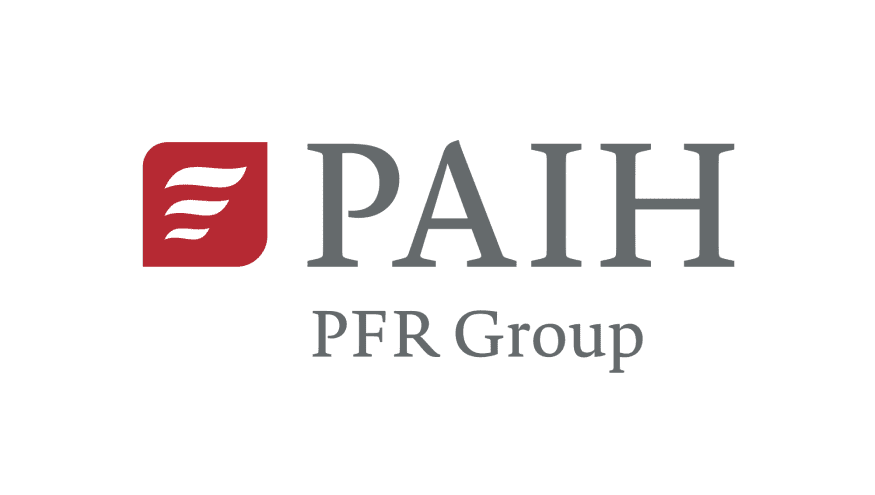 Institution
InstitutionPolish Investment and Trade Agency (PAIH)
The Polish Investment and Trade Agency (PAIH) is the partner of first-resort for entrepreneurs when …
The Export Promotion Portal uses cookies to make it easier for users to use the website and for statistical purposes. If you do not block these files, you agree to their use and saving in the memory of your computer or other device. Remember that you can change your browser settings to block the storage of cookies. More information can be found in Privacy Policy and Terms and conditions.
